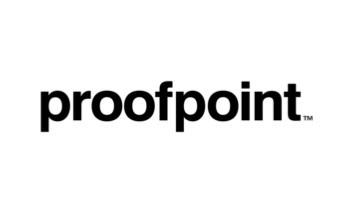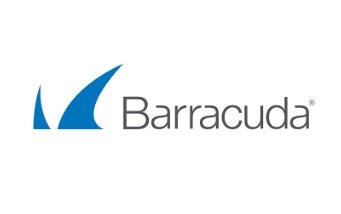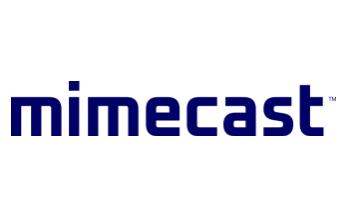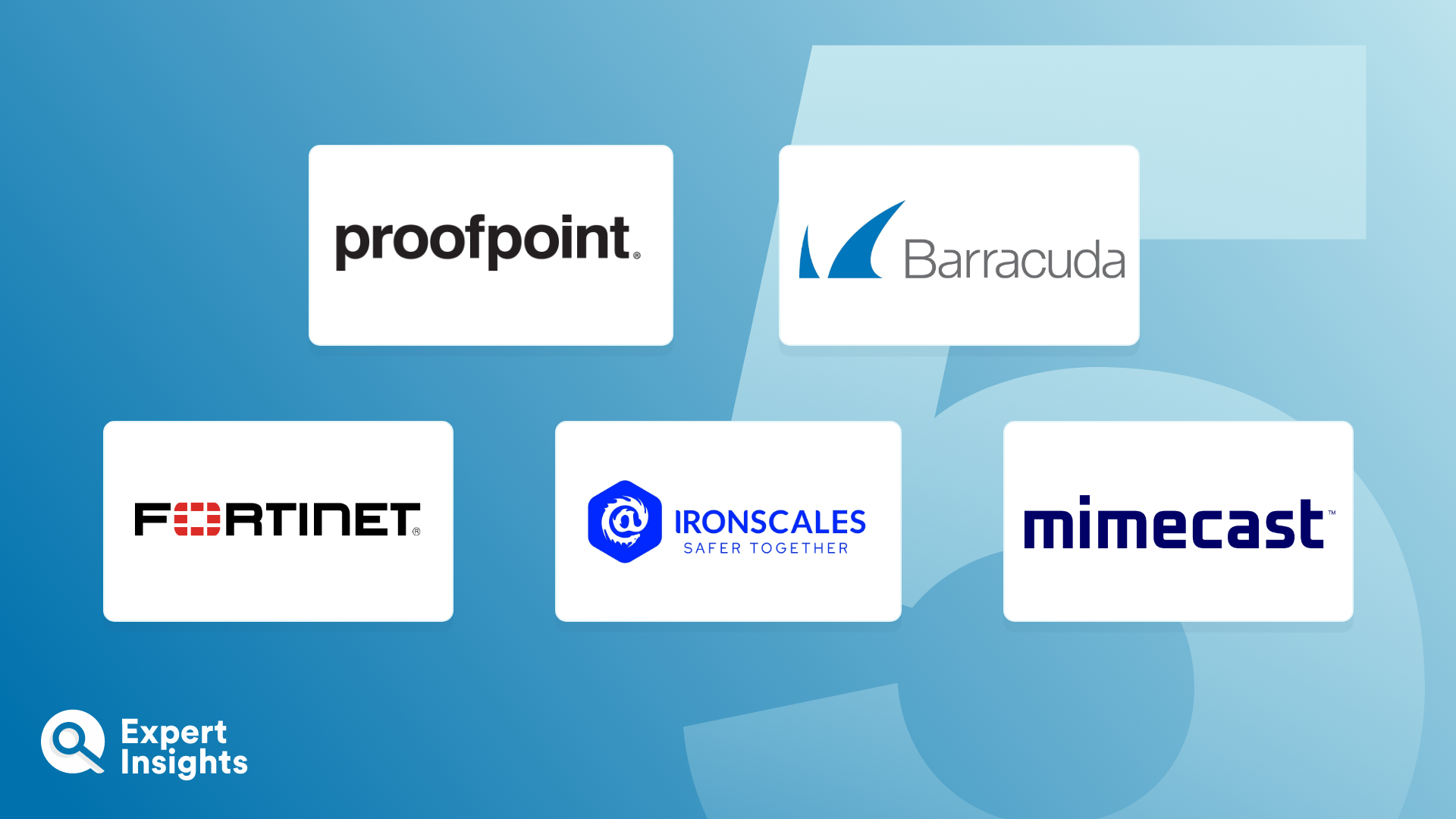Email communication is what drives higher education forward. It’s a point of communication between faculty, staff, and students, how socials and clubs get organized, and is overall a vital learning tool. It’s also, unfortunately, a dense network of attack vectors that threat actors are itching to take advantage of.
When it comes to finding a robust, advanced email security solution, universities and colleges need somewhat of a more nuanced approach that is successful in reaching endpoints – and has to contend with the fact that delivering security awareness training to every single person connected to the network is not only difficult, but time-consuming and costly.
The email security needs of high education institutions differ from that of high schools and middle schools. Connections are being made outside of the network, and solutions must be highly scalable as tens of thousands of students, faculty, and staff connect to the network with potentially more than one device. The solution must be able to extend to endpoints outside of the centralized data center and it needs to be able to handle a large number of users. It also requires strong filtering capabilities and customization policies.
We ran an MX report on the domains of most universities in the USA and UK to find which vendors were used the most, which we’ve listed below. It is worth noting that the majority of these solutions are cloud-based, with a few exceptions. When running the MX report, it did not display any on-prem solutions universities and colleges might be using.
We looked at what email security is used by universities based on reviewing their MX records.












